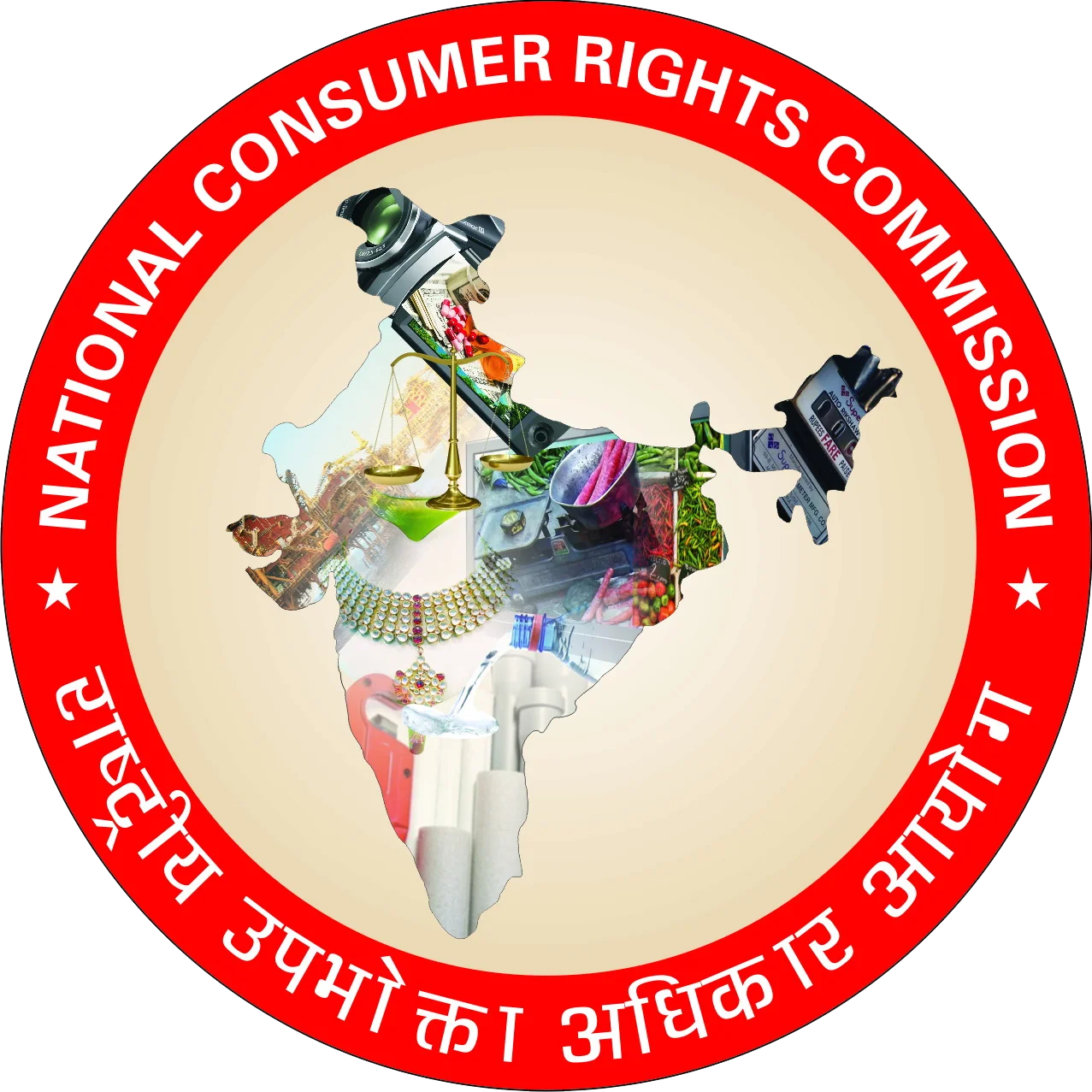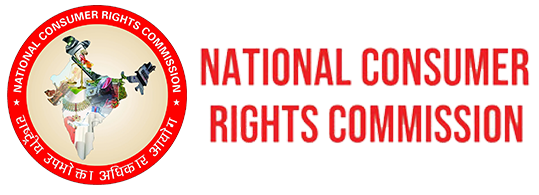ServicesOur Services
Methods Of Consumer Protection Act
- The imposition of self-regulation and discipline by the manufacturers and suppliers of goods and services for working in the interests of consumers
- The role of government which can enact laws for the protection of consumers and make arrangements for their enforcement.
- Voluntary organization of consumers to form groups such as NGO, cooperative societies to safeguard the interests of consumers.
Role of Consumer Organizations and NGOs
- They conduct awareness campaigns on key consumer issues to educate the public and promote social responsibility.
- They organize consumer training programs to inform individuals about their rights and guide them on how to address grievances effectively.
- They publish magazines, newsletters, and other informative materials to keep consumers updated on the latest developments. For example, “Consumer Voice” is a bimonthly publication that covers important consumer topics.
- They offer free legal guidance to members on consumer-related issues and assist them in filing complaints with District Forums, State Commissions, and the National Commission under the Consumer Protection Act.
- They engage in dialogue with business communities and industry associations to advocate for fair consumer practices.
- They file Public Interest Litigations (PILs) in court to address major consumer concerns, such as banning harmful products and promoting consumer safety.
Areas Where Consumer Gets To Awaress
- Air Travel Grievances
- Market Competition Regulations
- Customer Service Disputes
- Food Quality & Hygiene Oversight
- Required Product Labeling Standards
- Digital Complaint Resolution Platform
- Defective Product Withdrawal
- Anti-Competitive Practices Monitoring
Recommendations & Suggestions
Consumer awareness should be promoted in both urban and rural areas by educating individuals about their rights, the complaint-filing process, consumer forums, and the redressal mechanisms available. To ensure the protection of consumer interests, the following measures are recommended:
Awareness of Consumer Rights
Educate consumers about their fundamental rights such as the right to safety, information, choice, redressal, consumer education, and a healthy environment.Consumer Education Initiatives
Integrate consumer awareness into school and college curricula, and conduct workshops, seminars, and campaigns to empower consumers with knowledge.Active Role of Government
Governments should initiate nationwide awareness drives, establish helplines, and provide access to complaint portals for easy consumer grievance registration.Strengthening Enforcement Agencies
Enhance the capabilities of consumer protection councils, legal metrology departments, and food safety authorities to ensure quick and fair action on complaints.Regular Enactment and Amendment of Laws
Continuously update consumer protection laws to address emerging challenges in digital trade, e-commerce, and unfair market practices.
The awareness where consumer need in day to day life
- Prevention of Food Adulteration Act, 1954
- The Essential Commodities Act, 1985,
- Agricultural Produce (Grading and Marketing) Act,
- Drugs Control Act
- Drugs and Cosmetics Act
- Standards of Weights and Measures Act,
- Drugs and Magic Remedies (Objectionable Advertisement) Act,
- Water (Prevention and Control of Pollution) Act,
- Prevention of Black Marketing and Maintenance of Essential Commodities Act,
- Air (Prevention and Control of Pollution) Act.
Consumer Rights
When this right is violated, it often results in malpractice. Alarming statistics reveal that each year, thousands—even millions—of Indian citizens are either seriously injured or lose their lives due to unethical practices in sectors such as medical care, hospitals, pharmacies, and the automobile industry.
To safeguard public health and uphold consumer rights, the Government of India must establish world-class product testing facilities. These centers should rigorously evaluate the safety and quality of drugs, food products, vehicles, and all other consumables that could pose a threat to human life. Ensuring stringent quality standards and effective enforcement is essential to building a safer and more consumer-conscious society.
Right To Information
Consumers have the right to be informed about the quality, quantity, potency, purity, standard, and price of goods and services. This empowers them to make well-informed decisions in the marketplace.
In India, consumers primarily receive information through advertising and word of mouth. However, these sources often fall short of providing accurate, complete, and unbiased details necessary to evaluate a product’s true value, safety, suitability, and reliability.
Many issues—such as hidden costs, lack of suitability, poor quality, and safety risks—are only discovered after a purchase is made. While the Indian government claims to uphold this right, in practice, enforcement remains inconsistent. Ideally, this right should ensure that all consumable products are properly labelled with:
- Price
- Quantity
- List of ingredients
- Usage instructions
- Safety guidelines
Unfortunately, even medicines often fail to follow standardized labeling conventions, leaving consumers vulnerable and uninformed.
To enhance transparency and protect consumer interests, there is an urgent need to establish unit price publishing standards. This would require that prices be clearly displayed in standard units such as per kilogram or per litre, helping consumers make informed and value-based comparisons.
Right To Choose
However, in India, various sectors such as natural resources, the liquor industry, telecommunications, and airlines have, to varying degrees, faced allegations of being influenced or controlled by monopolistic or cartel-like practices. These conditions restrict consumer choice and often lead to inflated prices and compromised service quality.
Historically, Indian consumers have evolved within a socialistic economic framework, which has contributed to a certain level of acceptance or tolerance toward monopolistic market behavior. Over time, this has weakened the demand for competitive alternatives and allowed powerful entities to dominate specific markets.
To truly uphold the Right to Choose, there is a pressing need for stronger enforcement of competition laws, encouragement of market liberalization, and greater consumer awareness. Only then can consumers benefit from diverse options, improved quality, and fair pricing in the marketplace.

